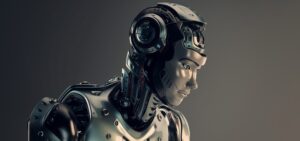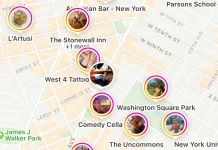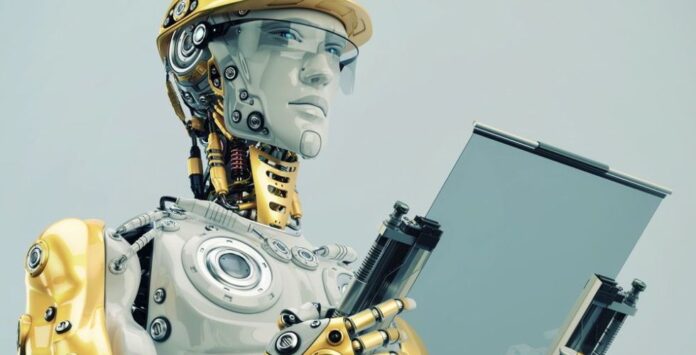The fear of machines taking our jobs dates back hundreds of years, to the Luddites of England, who fought mechanical weaving tools in the early 19th century. The fear of machines taking our jobs dates back hundreds of years, to the Luddites of England, who fought mechanical weaving tools in the early 19th century. But it has gotten new life as the combination of big data, improved algorithms, and raw computing power has rapidly accelerated artificial intelligence (AI).
For companies looking to save money, the idea of being able to replace a human with a computer and robot is enticing. A robot can work 24/7 with little to no pay or benefits and is often faster than a human with fewer errors. Robots can also be helpful to employees as they can easily do jobs that are repetitive, monotonous, or dangerous and leave interesting jobs to humans.
Over the last few years, robots and computers have made tremendous leaps in their performance and capabilities and have replaced more human jobs.
There are 02 reasons why they cannot be fully automated. The first reason is the limitations of AI. And the second reason is people don’t practically accept robots for some professions because of the risks involved in AI.
Therefore, some jobs less likely to be replaced because it is impossible to program everything man gets from nature into a machine. And some jobs less likely to be replaced because people prefer and trust humans over machines for those jobs.
What jobs are less likely to be replaced by AI?

Creative Jobs
Humans have a unique ability to recognize analogies, formulate metaphors, and apply abstractions to media for mass consumption. Such complex thought processes are likely to continue eluding AI.
A long-standing consensus is that creativity can’t be taught. A corollary to such an axiom is that even the most creative engineers and computer scientists can’t program machines to be creative themselves.
Teachers
Robots and automated processes can make instruction more efficient, but learning is about much more than the rote lessons that programmed algorithms would repeat each semester as though students were rolling along a factory line. Humans have empathy for the developing minds of other humans; as such, they are uniquely capable of both recognizing and encouraging the curiosity and creativity that are essential for those minds to stay healthy and active.
Healthcare Providers
While automation is playing a bigger role in the treatment of patients, it’s hard to imagine it ever overtaking the need for human providers – and that’s good news for doctors, nurses, and other healthcare employees everywhere. A separate McKinsey report, for instance, found that fewer than 30% of a nurse’s tasks could be replaced by automation, so it looks like the professionals in scrubs are on solid ground.
Business Managers
Businesses need living, breathing managers. Algorithms can’t evaluate the kind of performance that requires subjective analysis, interpret emotional cues, or measure intangibles like enthusiasm or loyalty. Communication from machines is wooden. The rewards they offer are unimaginative.
Most jobs that require direct interaction with consumers will be difficult for robotic workers to replace. As the resemblance between artificial objects and humans increases, many people experience feelings of distress or even disgust, a psychological phenomenon known as the uncanny valley effect. If robots come into physical contact with consumers, that effect could become even more pronounced.
Conclusion
All in all, AI is still a very long way from having the range of human capabilities necessary for most types of work. Robots will never replace most jobs that require a specific combination of rational thinking, common sense, flexibility, manual dexterity, worldly and special knowledge, empathy, and communication skills. And people prefer and trust humans over machines for all jobs which require judgment, decision-making and, complex reasoning. Because no machine can replace a REAL HUMAN, any job that requires the human heart and brain will never be fully automated.
Image Source: Think Business
Read more: Upaisa launches mobile application aimed at simplifying cashless transactions


























